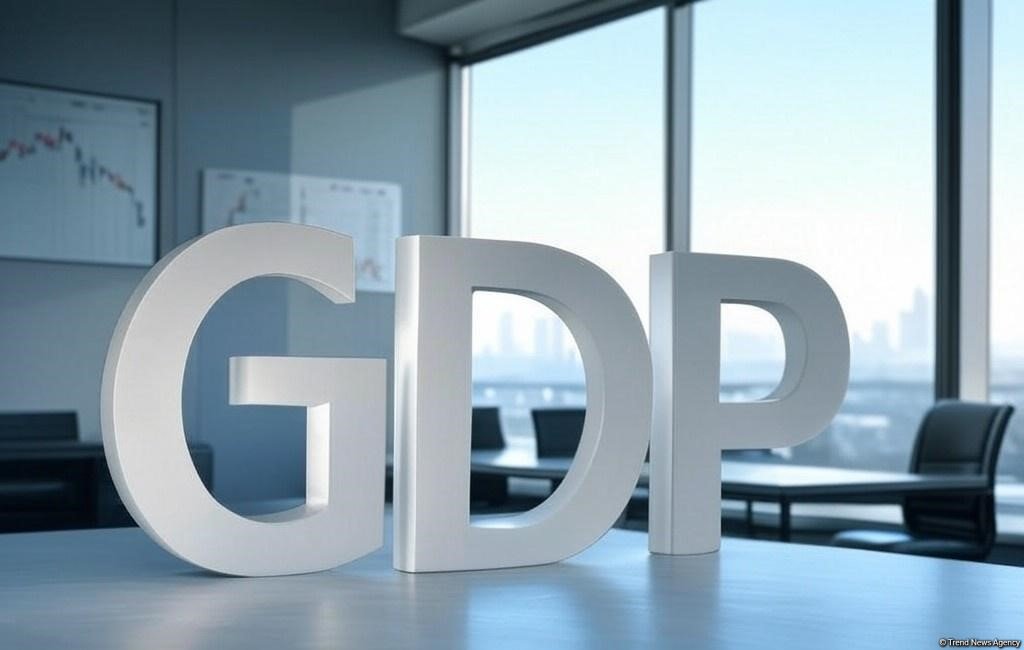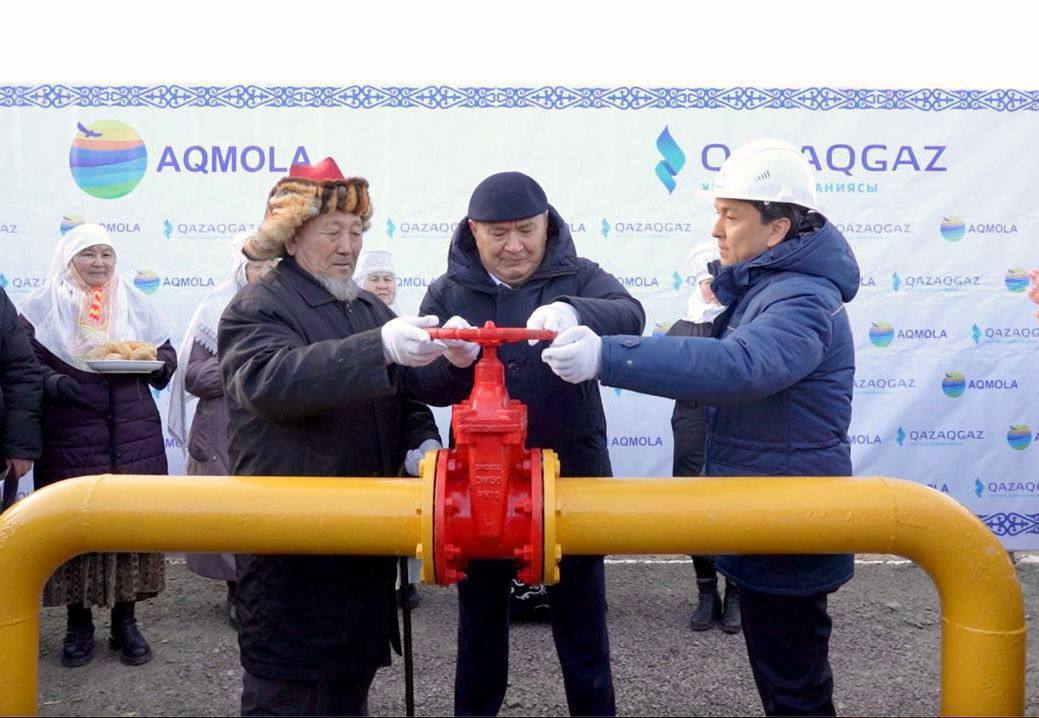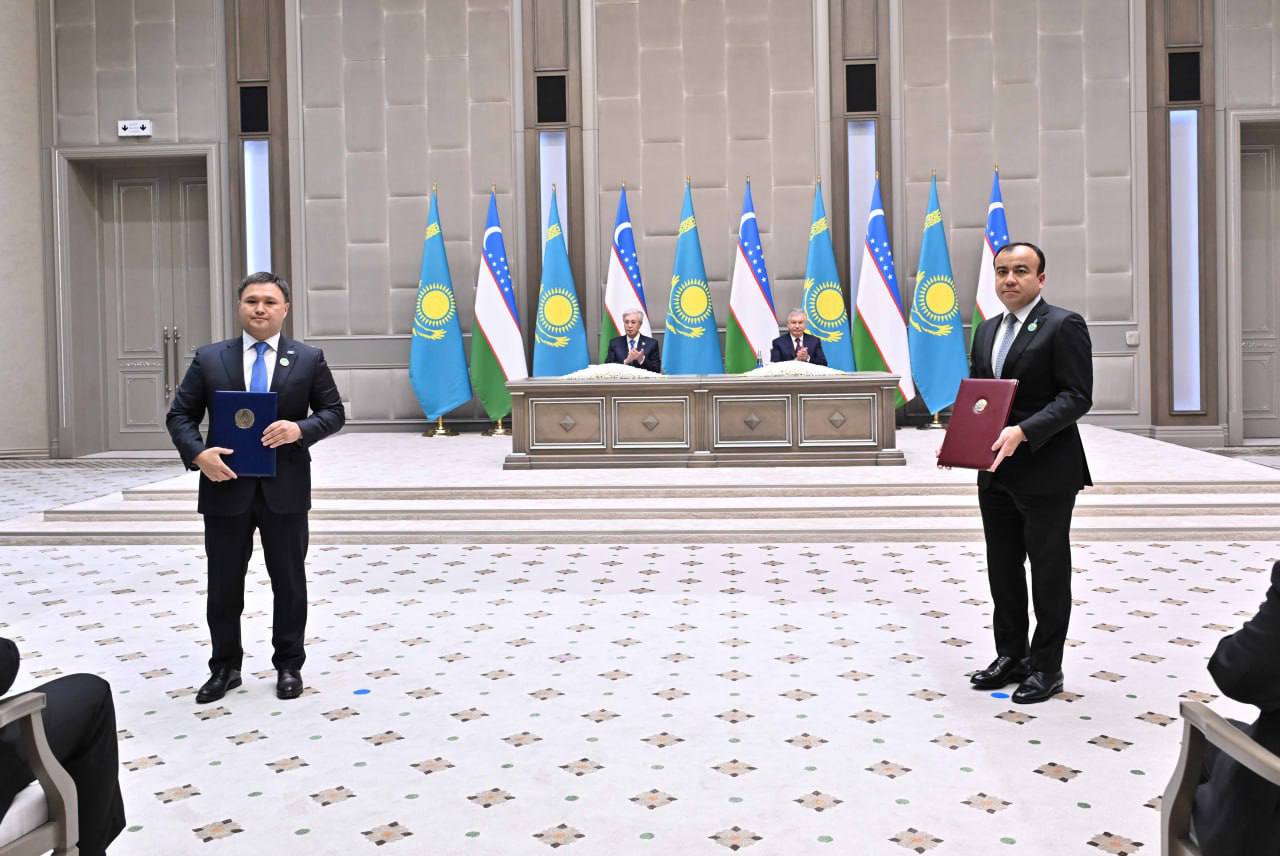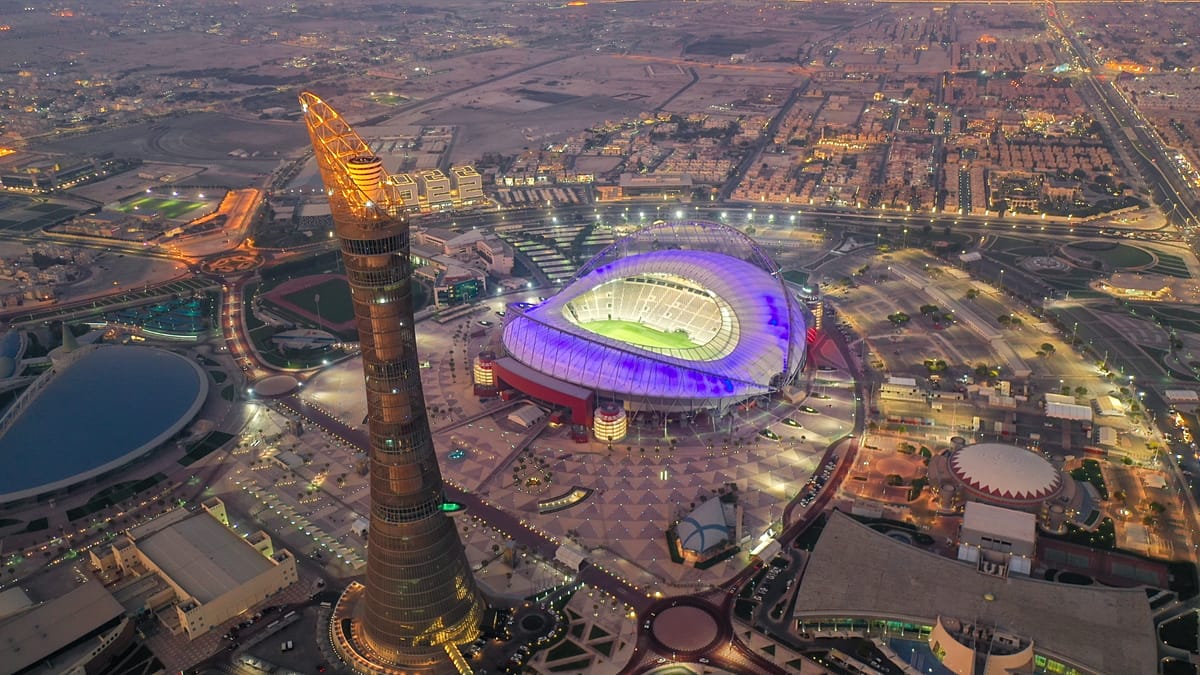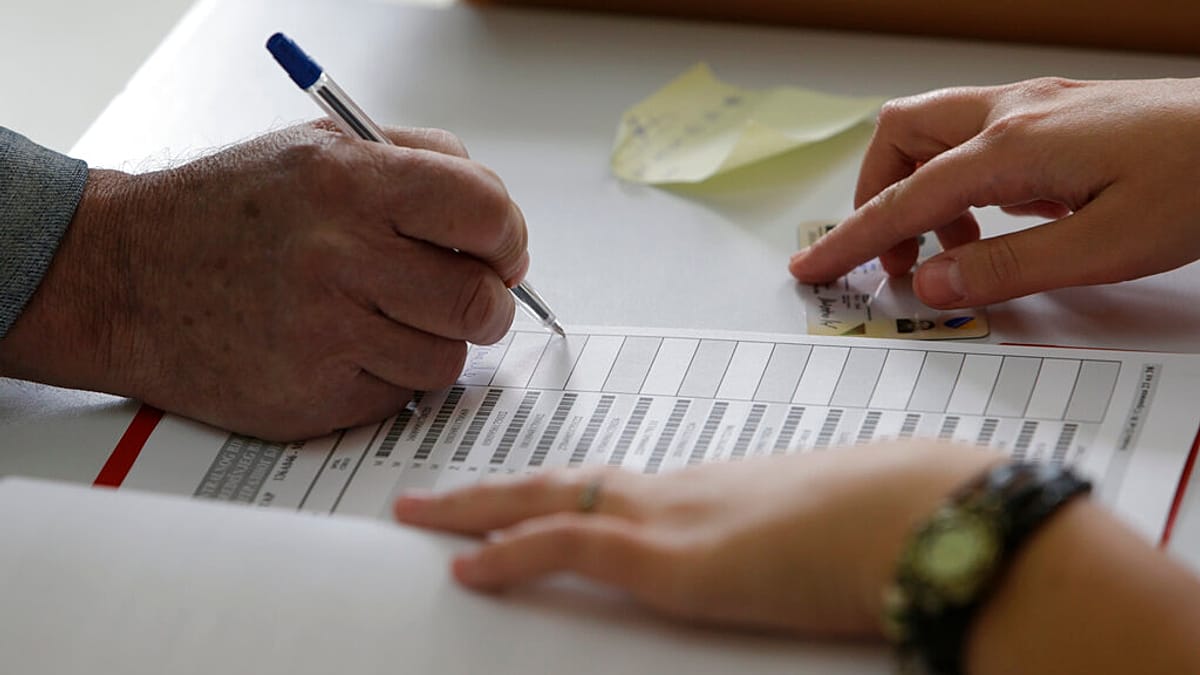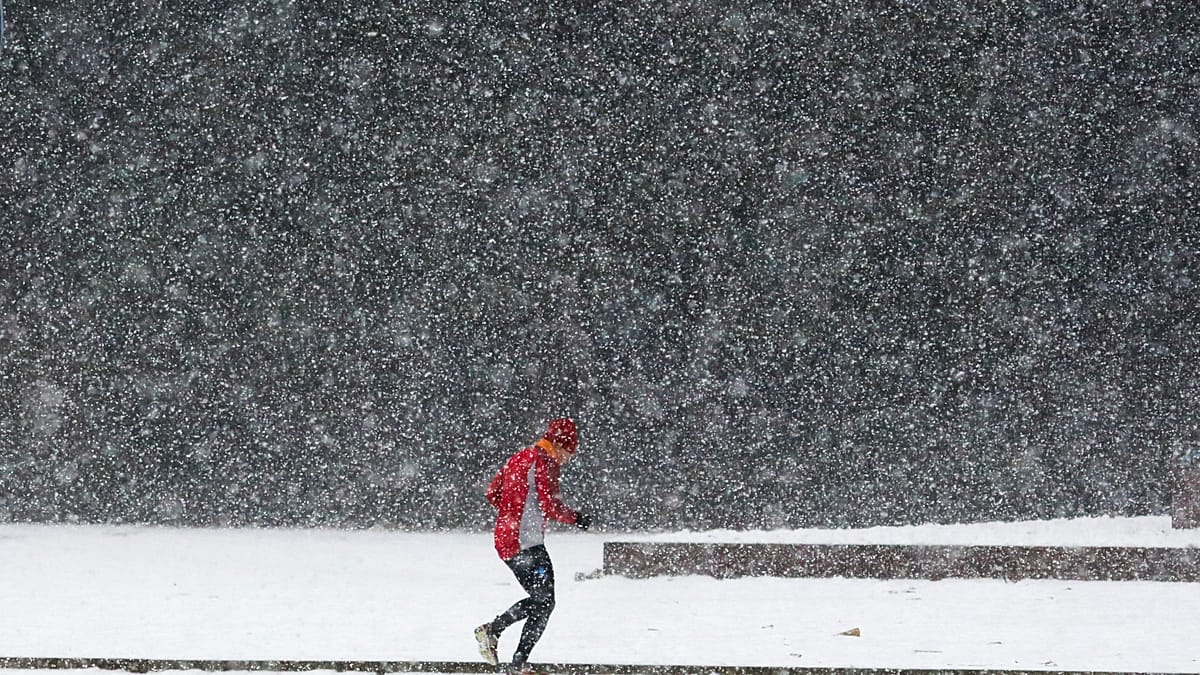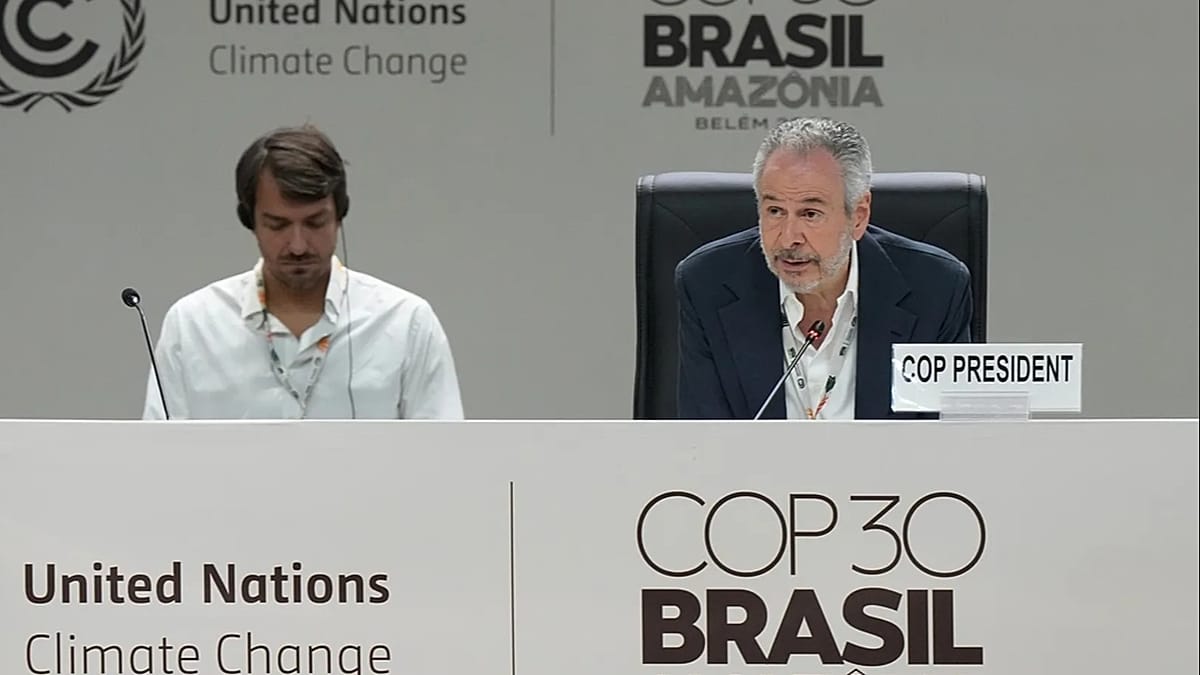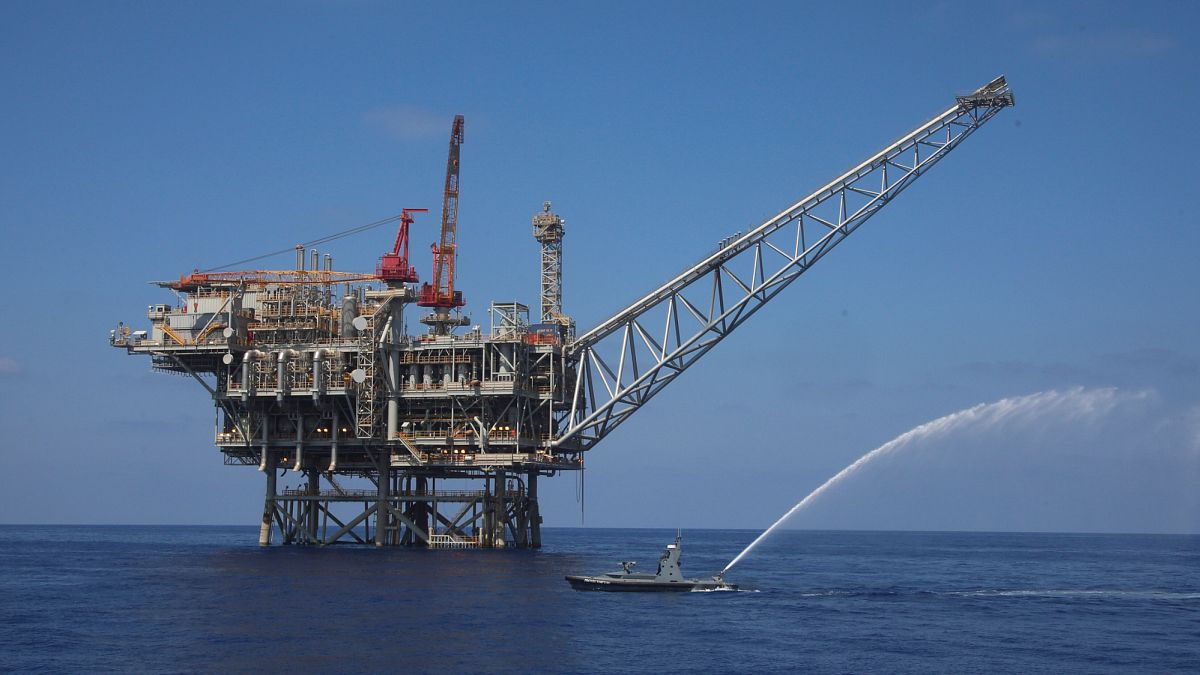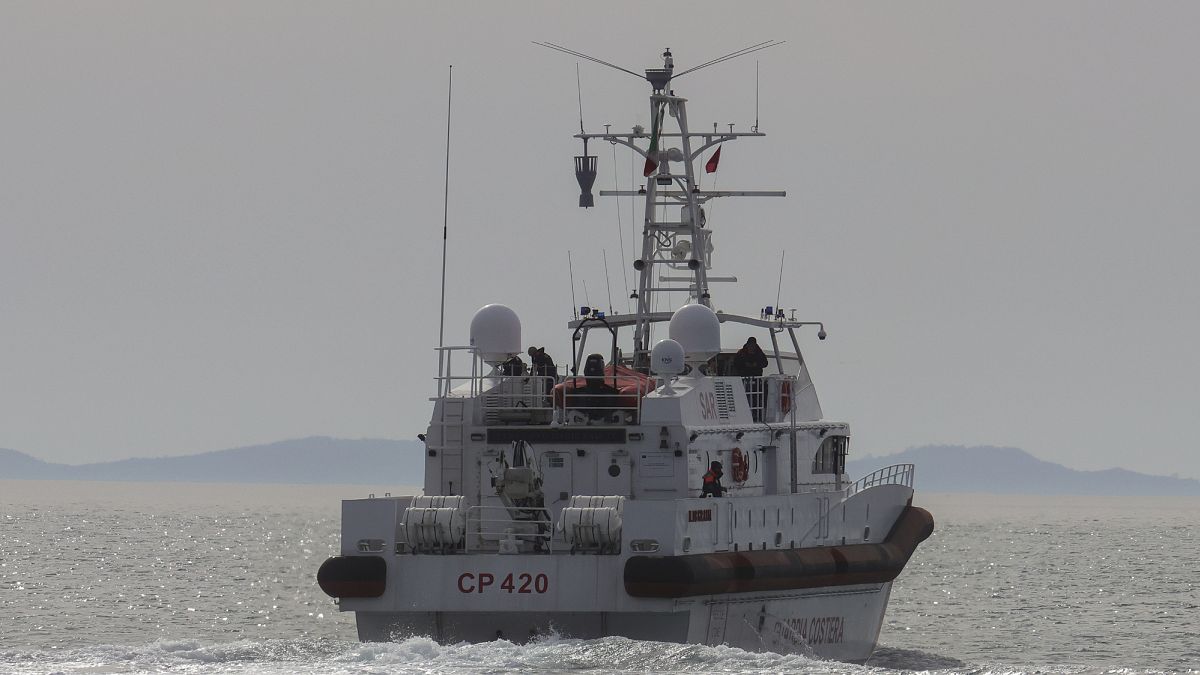Austria will explore options for gas from Russia after the war
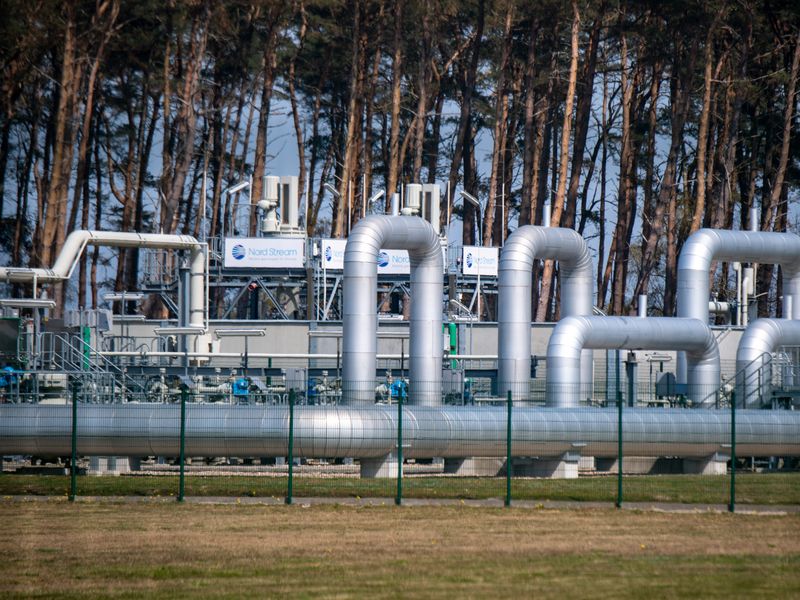
Vienna – Secretary of State Elisabeth Zehetner (ÖVP) has deposited Austria’s position, known since May, in Brussels that all options for Europe’s energy supply should be kept open after the end of Russia’s war of aggression in Ukraine. At the same time, the currently planned import ban on gas from Russia is correct and is also supported and implemented by Austria, according to a statement from the State Secretariat for Energy in the Ministry of Economic Affairs.
“In the struggle for peace, the proposed ban on the import of Russian gas to Europe is an unequivocal and correct signal against Putin’s war of aggression and for a united European foreign and energy policy,” the statement said. However, “in the long term, the EU should keep options open to reassess the situation after the end of the war to ensure that energy supply can be secure and cost-efficient in the future.” Europe must consistently diversify its sources and must not become dependent on a few countries. Developments in the Middle East must also be closely monitored.
The majority of EU countries are currently advocating for permanent independence from Russian gas imports. Only Hungary and Slovakia have so far expressed support for the resumption of Russian gas imports after the end of the war.
EU Commission proposals presented
On Tuesday afternoon, the EU Commission presented its proposals for phasing out Russian gas. Austria still has many open questions in this context, according to the press release. This includes whether the necessary infrastructure will actually be ready for use by the end of 2027, what impact an import ban would have on electricity and gas prices, how it will be ensured that the origin of the gas is traceable without gaps, and what options the EU will have after a possible end to the war. A final assessment of the REPowerEU roadmap, which is to be presented today, can therefore only take place after the EU Commission’s legislative proposal is available.
Economics Minister Wolfgang Hattmannsdorfer (ÖVP) also wants to keep all options open for the time after the war. “Several countries have already expressed concerns for various reasons. Spain, Belgium, France, Hungary, Slovakia, and also Austria, because I am firmly convinced that we must avoid dependencies and therefore keep all options open when the war is over or when there is a change of power in Russia,” Hattmannsdorfer said at a press conference on Tuesday. However, he stands unconditionally by Ukraine’s side, stating that peace can only be achieved “with the involvement of Ukraine and in agreement with Ukraine.” At the same time, stable energy prices must always be a focus for Austria. Hattmannsdorfer had expressed similar views in May.
NEOS pleased about independence, criticism from the Greens
NEOS reacted coolly to the ÖVP’s approach to keeping all options for energy supply open, including with Russian gas, after the end of the war. “NEOS is committed to phasing out Russian gas by 2027,” said energy spokesperson Karin Doppelbauer. “In terms of resource security, it is to be welcomed that Austria has been able to become independent from Russia.” The goal of the federal government is to expand electrification. “Both from a security and environmental policy perspective, a relapse into old dependencies does not represent a future strategy,” said Doppelbauer.
Harsh criticism came from the Greens. That positive signals for renewed gas imports in the future are coming from Economics Minister Hattmannsdorfer is “a security and energy policy ghost ride that embarrasses Austria at the EU level,” wrote the designated Green party leader Leonore Gewessler. With this, “Hattmannsdorfer is turning his back on European unity” and “aligns himself with Viktor Orbán and the Slovak government,” Gewessler said.
FPÖ MEPs in favor, other MEPs against
Of the Austrian Members of the European Parliament, only Petra Steger (FPÖ) considered Zehetner’s initiative a good idea on Tuesday morning. Perhaps this could serve as an incentive for Russia to “conclude peace earlier. If peace is then established, the debate is of course open again,” said the EU parliamentarian in a conversation with Austrian media.
Anna Stürgkh (NEOS), on the other hand, pointed out that Russia has regularly used its gas supplies as a strategic tool. “We cannot continue to expose ourselves to this.” Austria should refrain from such statements while simultaneously preparing for war in the Baltic States or Poland, “because they fear being attacked.” Andreas Schieder, the faction leader of the Austrian SP representatives in the European Parliament, also considered it “not sensible to say that one wants to turn back the clock. The motto must be: With full force out of Russian gas.”
While the ÖVP faction wanted to gather more information, Lena Schilling (Greens) stated, “It would be a political scandal if a representative of the federal government seriously demands that we should buy Russian gas again after the war.” This would amount to downplaying “Putin’s violent politics”: “This attitude is energy policy shortsighted, morally irresponsible, and security policy dangerous.” (18.06.2025)

